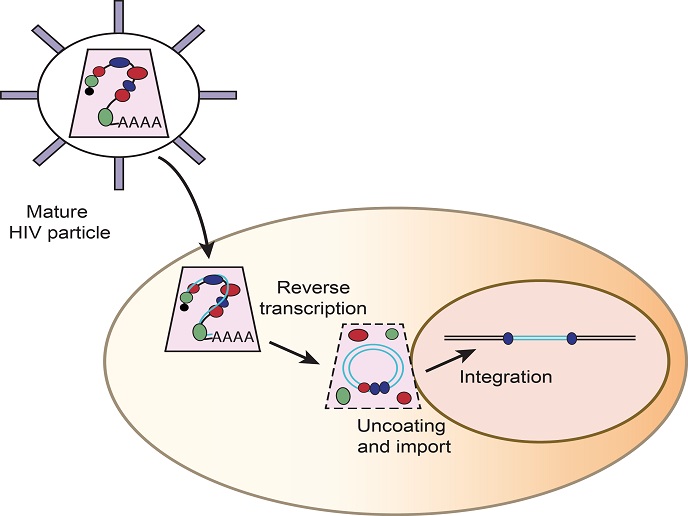Inducing death to cancer cells
Defective apoptosis represents one of the main causes of cancer development and progression. The ability of cancer cells to evade programmed cell death has puzzled scientists for decades and has hampered the efficiency of many therapeutic regimes. Research efforts have concentrated on elucidating the mechanisms of apoptosis and developing strategies to selectively induce apoptosis in tumour cells. Alongside that notion, the EU-funded proposal ‘CD40 ligand-based modalities for the treatment of solid tumours’ (Apotherapy) translated basic research on key apoptotic pathways into tools to combat cancer. More specifically, the project exploited the widespread expression of CD40, a TNF receptor family member, in human tumours and developed CD40 ligand-based modalities with high therapeutic potential. Apoptosis can be induced through interaction of CD40 on the tumour with CD40L ligand found on T cells. This engagement is augmented in the presence of inhibitors of the phosphoinositide 3 (PI3) kinase/akt pathway, which is frequently found activated in human tumours. Apotherapy project partners developed novel PI3 kinase antagonists and evaluated their in vitro and in vivo effects on carcinoma cell growth and metastasis. Of particular interest was the development of a new PDK1 specific inhibitor with significant anti-tumour effects. The clinical applicability and validity of this anti-cancer strategy was demonstrated by a small-scale clinical study in patients with bladder cancer. Results from this clinical study will pave the way for future phase 1 clinical trials of the Apotherapy concept.







